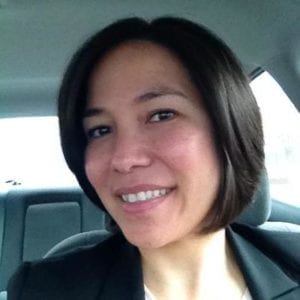
Lead Associate
Booz Allen Hamilton
ASHG: What are the biggest challenges you encountered when acclimating to the pace and demands of industry? What skills do you wish you had worked on in advance?
Dr. Ohira: The greatest challenge was acclimating to a corporate culture; this included learning the terminology, developing a business mindset, and understanding the field of consulting. Regardless of pace and demands, the work and environment in a corporation is significantly different from that of a wet-bench scientist; the transition from scientist to consultant was the biggest challenge.
The corporate culture is driven by networking, and the ability to self-market, to highlight your strengths and skills succinctly is a critical component to successfully network with colleagues and leadership. It’s a skill I’ve learned over the 8 years I’ve been with Booz Allen Hamilton, but would have made the transition faster and easier.
ASHG: If you could go back to when you were a trainee, what is one piece of advice you would give yourself for your current career?
Dr. Ohira: One piece of advice I ended up following in graduate school that I believe holds true even today regardless of career path is to work with people you enjoy being around. It’s more important to enjoy working with colleagues than working on specific topics or areas you think you would enjoy.
If you can find both, more power to you! If you enjoy the people you work with, I find that you are more productive and the topic you are working on becomes more engaging and interesting.
ASHG: What are your favorite and least favorite parts of your job?
Dr. Ohira: I tell people I interview that one of the best things about being a consultant is that you can do and be whatever you want. If there is a skill or topic area you want to learn about, there is always an opportunity to work on a project to learn those skills and/or topic.
I started at the firm as a molecular biologist and after 8 years, I have engaged with scientists across a variety of research areas to develop health data standards, learned technical skills (reading XML, writing technical specification documents, and developing UML models), and assisted clients with implementing the Affordable Care Act and other health policies.
As I mentioned previously, corporate culture is driven by networking and it is the least favorite part of my job. I’d prefer to sit at my lab bench doing experiments all day to socializing with colleagues sharing my strengths and capabilities and demonstrating my ability to lead. But like I said above, it is something new and different that I’ve embraced as a skill I continually develop over the years.
Want more interviews? Join the ASHG Trainee Forum to keep up with new ones!
